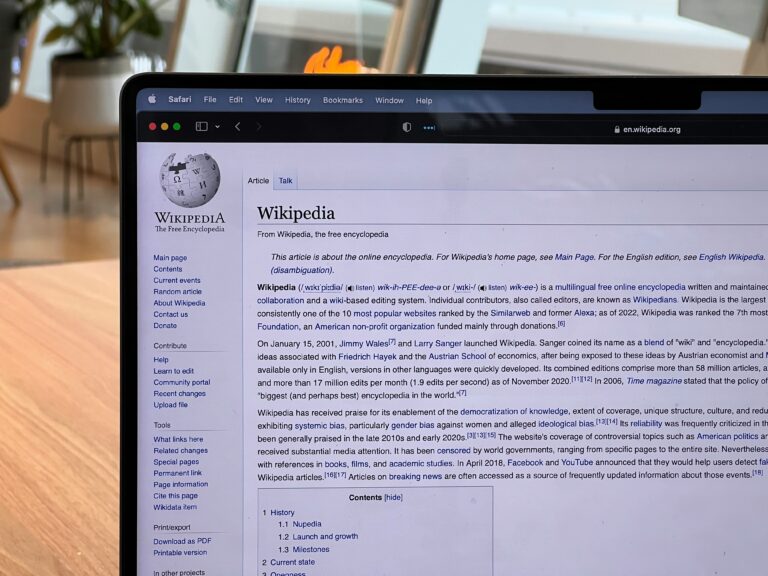185.63.2253.200: Hidden Threat or Powerful Gateway? Understanding IP Data, Security & Tracking
Introduction
The digital world runs on IP addresses — the unique numerical identities that connect every device to the internet. One such example, 185.63.2253.200, represents more than just a set of numbers; it’s a gateway to information, security analysis, and potential vulnerabilities.
But what does this IP mean? Could it pose a risk, or can it be used for legitimate tracking and network optimization? In this article, we’ll break down the true meaning, location, uses, and security implications of 185.63.2253.200 in simple, practical terms.
What is 185.63.2253.200?
An IP address (Internet Protocol address) like 185.63.2253.200 identifies a device or network on the internet. It helps computers communicate with each other, route data, and establish secure connections.
This particular IP falls within the IPv4 (Internet Protocol Version 4) system — a widely used addressing method that contains over 4 billion unique combinations.
However, not all IPs are equal. Some belong to individuals or private networks, while others are linked to web servers, ISPs (Internet Service Providers), or hosting platforms.
Key Information About 185.63.2253.200
| Attribute | Details |
|---|---|
| IP Type | IPv4 |
| Possible Host/Provider | May belong to a web hosting or proxy service |
| Region (Approximate) | Europe or North America (based on IP block data) |
| Connection Type | Likely dynamic or shared |
| Purpose | Could be tied to a website, VPN, or anonymous browsing service |
Every website you visit — from Google to your local bank — uses IPs like this one behind the scenes. Here’s how it works:
-
Device Request: Your browser sends a request to a domain (e.g., example.com).
-
DNS Lookup: The request converts the domain into an IP address like 185.63.2253.200.
-
Connection Established: Your computer connects to that IP and retrieves the website data.
-
Response Returned: The server responds with the content you see on your screen.
This invisible process happens billions of times daily, making IPs the backbone of digital communication.
Security Risks Related to 185.63.2253.200
While IPs are essential for connectivity, they can also be entry points for cyber threats if mishandled. Here are common risks:
-
DDoS Attacks: Hackers flood an IP with traffic, crashing servers or slowing websites.
-
IP Spoofing: Fake IPs are used to mimic trusted devices for phishing or data theft.
-
Location Tracking: Malicious actors can trace approximate physical locations through IPs.
-
Unauthorized Access: Poorly secured servers may be exposed through open IP ports.
If you’ve noticed 185.63.2253.200 appearing in your server logs or firewall alerts, it could indicate bot activity, suspicious login attempts, or proxy access.
How to Check the Reputation of 185.63.2253.200
To find out whether this IP is safe or suspicious, you can use:
-
WHOIS Lookup Tools: Reveal ownership, organization, and contact details.
-
IP Reputation Checkers: Sites like AbuseIPDB or VirusTotal flag reported malicious IPs.
-
Network Monitors: Track inbound traffic from specific IPs for unusual behavior.
✅ Tip: Regularly scan your server logs to identify unknown IP connections. If 185.63.2253.200 appears frequently, block it temporarily and investigate further.
Positive Uses of IP Data (Ethical Applications)
Despite risks, IPs like 185.63.2253.200 aren’t inherently bad — in fact, they’re vital for security and analytics. Ethical uses include:
-
Website Optimization: Tracking traffic by region for performance tuning.
-
Cybersecurity Analysis: Detecting attack origins and blocking threats.
-
Fraud Prevention: Identifying suspicious transactions by IP behavior.
-
Regulatory Compliance: Logging IPs to meet data protection standards.
Used responsibly, IP tracking becomes a powerful cybersecurity and business intelligence tool.
How to Protect Yourself from IP-Based Threats
To minimize exposure and protect your online identity:
-
Use a VPN: Mask your real IP and browse securely.
-
Enable Firewalls: Block suspicious IPs automatically.
-
Update Routers and Devices: Prevent outdated firmware vulnerabilities.
-
Avoid Public Wi-Fi: Unsecured connections can leak IP data.
-
Use Two-Factor Authentication: Stop unauthorized access even if your IP is tracked.
Your IP is like your digital fingerprint — guard it carefully.
Comparison: Public vs Private IP Addresses
| Type | Visibility | Use Case | Security Level |
|---|---|---|---|
| Public IP | Exposed to the internet | Websites, hosting servers | Medium |
| Private IP | Hidden within local networks | Home or office devices | High |
| Dynamic IP | Changes automatically | General users, ISPs | Safer |
| Static IP | Fixed and consistent | Businesses, servers | Requires strict security |
The IP 185.63.2253.200 likely falls under the public or shared static IP category, depending on its host.
Future of IP Security
With the rise of AI-driven cyberattacks and IoT devices, IP security is becoming a major priority. Technologies like IPv6, Zero Trust Networks, and Advanced Firewalls are leading the way in creating safer, more private internet environments.
In the coming years, we’ll see IPs like 185.63.2253.200 becoming part of intelligent, self-defending networks capable of identifying and isolating threats automatically.
Conclusion
IP addresses like 185.63.2253.200 serve as the digital DNA of the internet — powerful tools for connection, data flow, and analysis. However, they also come with privacy and security challenges.
By understanding how IPs function and learning to track or protect them properly, both individuals and businesses can maximize safety while leveraging the power of data visibility.
Remember: an IP can either be a gateway to innovation or a hidden vulnerability — the difference lies in how you use it.
Frequently Asked Questions (FAQ)
Q1. What does 185.63.2253.200 represent?
It’s an IPv4 address used to identify a device or network connected to the internet — possibly linked to a hosting or proxy service.
Q2. Is 185.63.2253.200 dangerous?
Not necessarily. However, if you see repeated connections from this IP in your server logs, it’s wise to check for suspicious activity.
Q3. How can I trace the location of an IP like this?
You can use online IP lookup tools (e.g., IPinfo, GeoIP) to find approximate region, city, or provider information.
Q4. Can someone hack me using my IP?
Direct hacking via IP alone is difficult, but if your system has open ports or weak security, attackers can exploit them. Always secure your network.
Q5. How can I protect my IP identity?
Use a VPN, update your firewall, and avoid sharing your IP in public forums or unverified websites.







